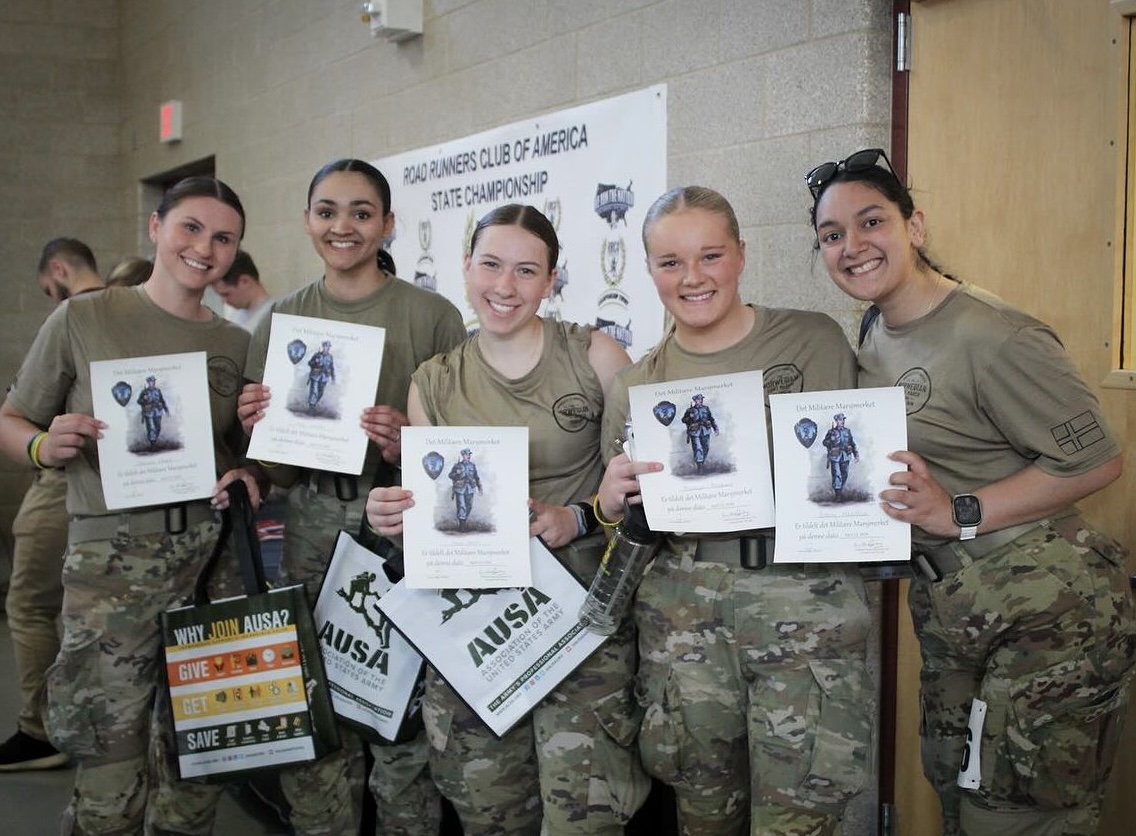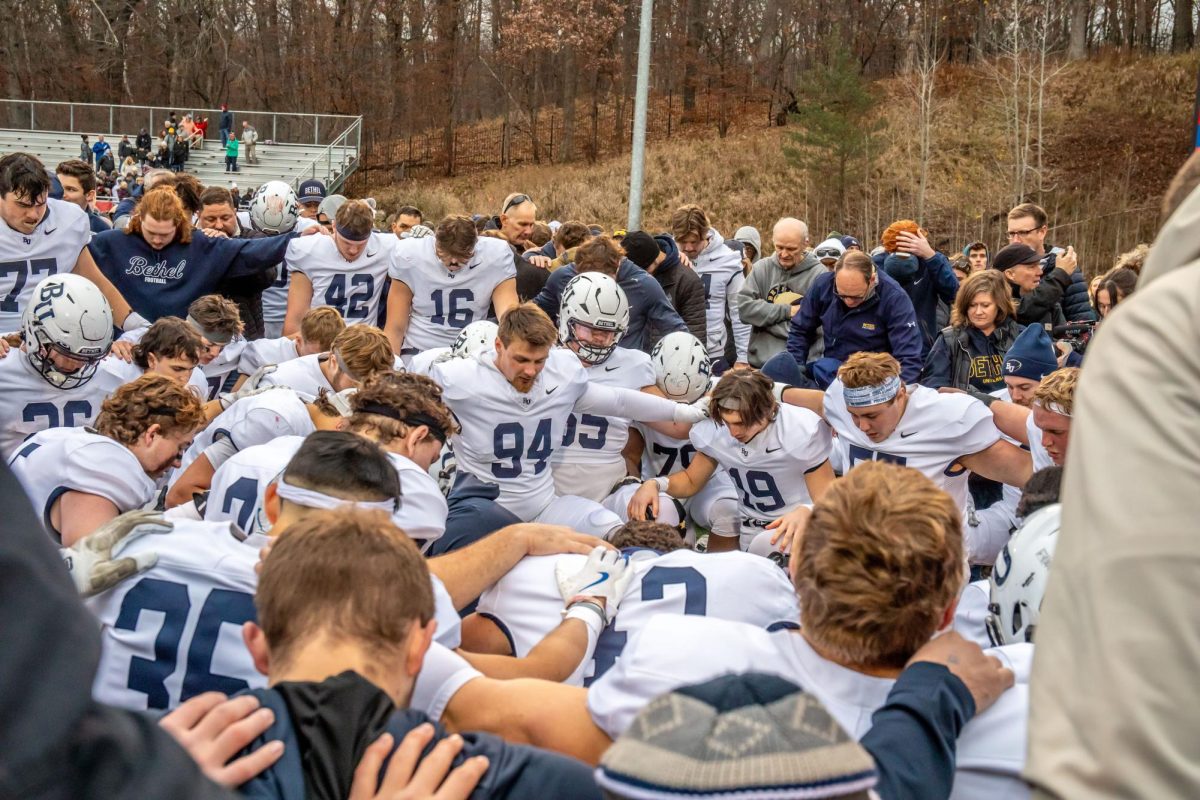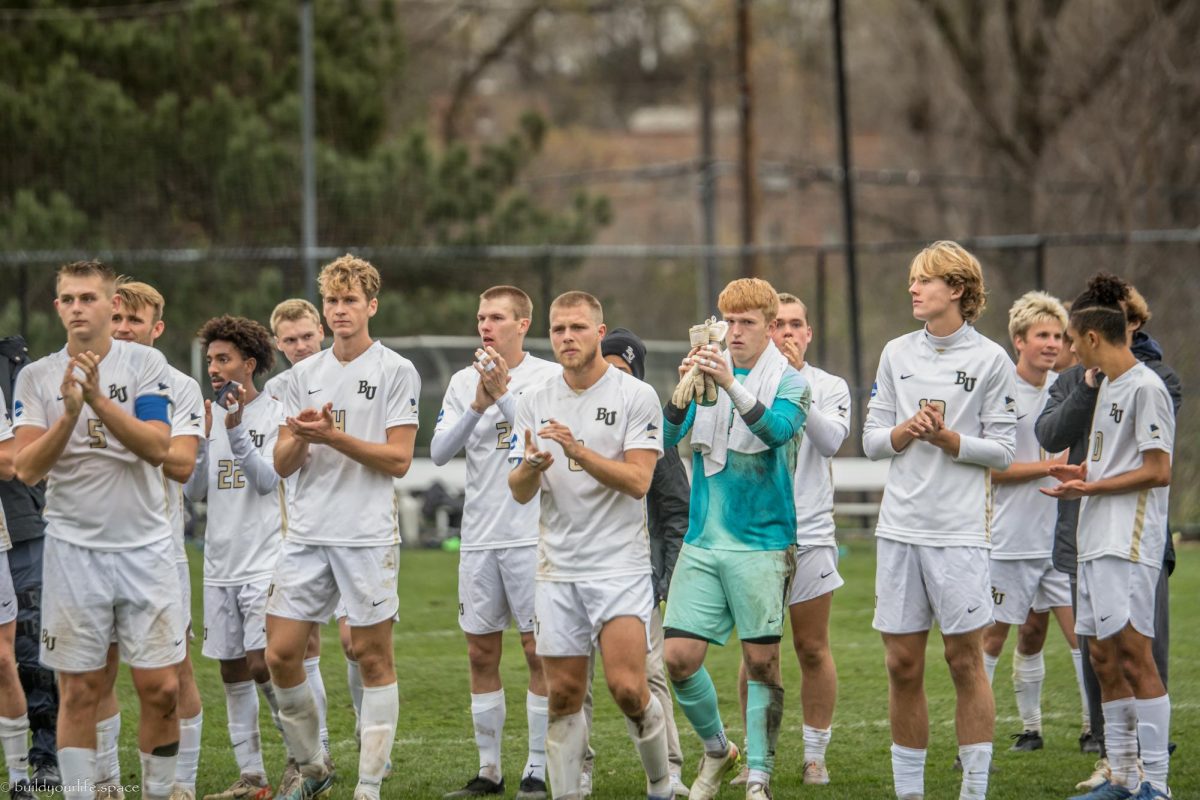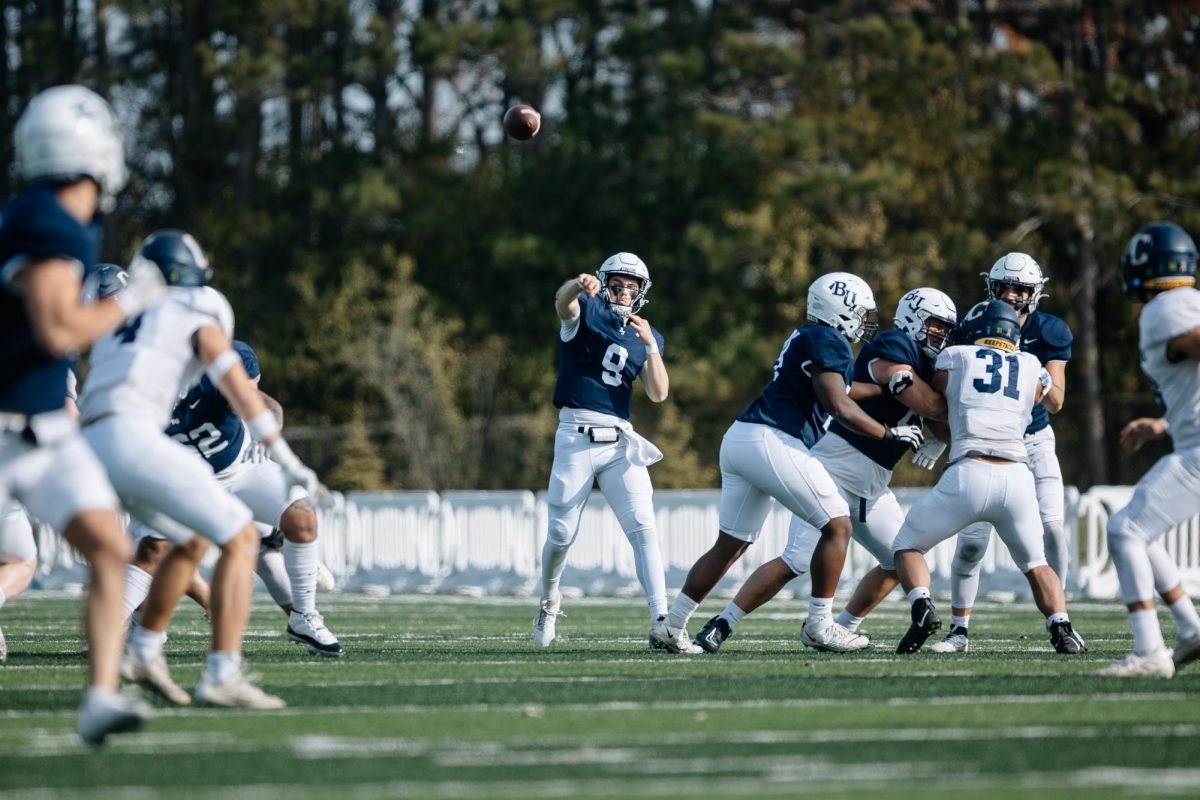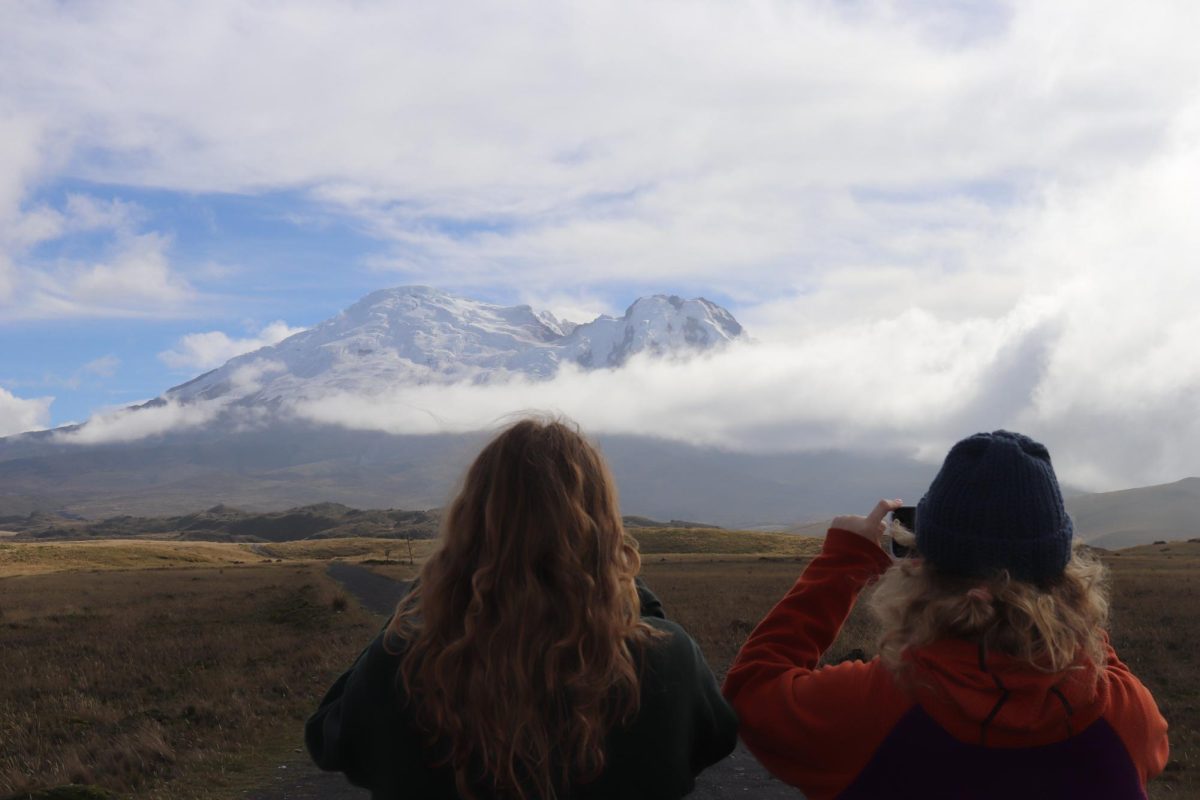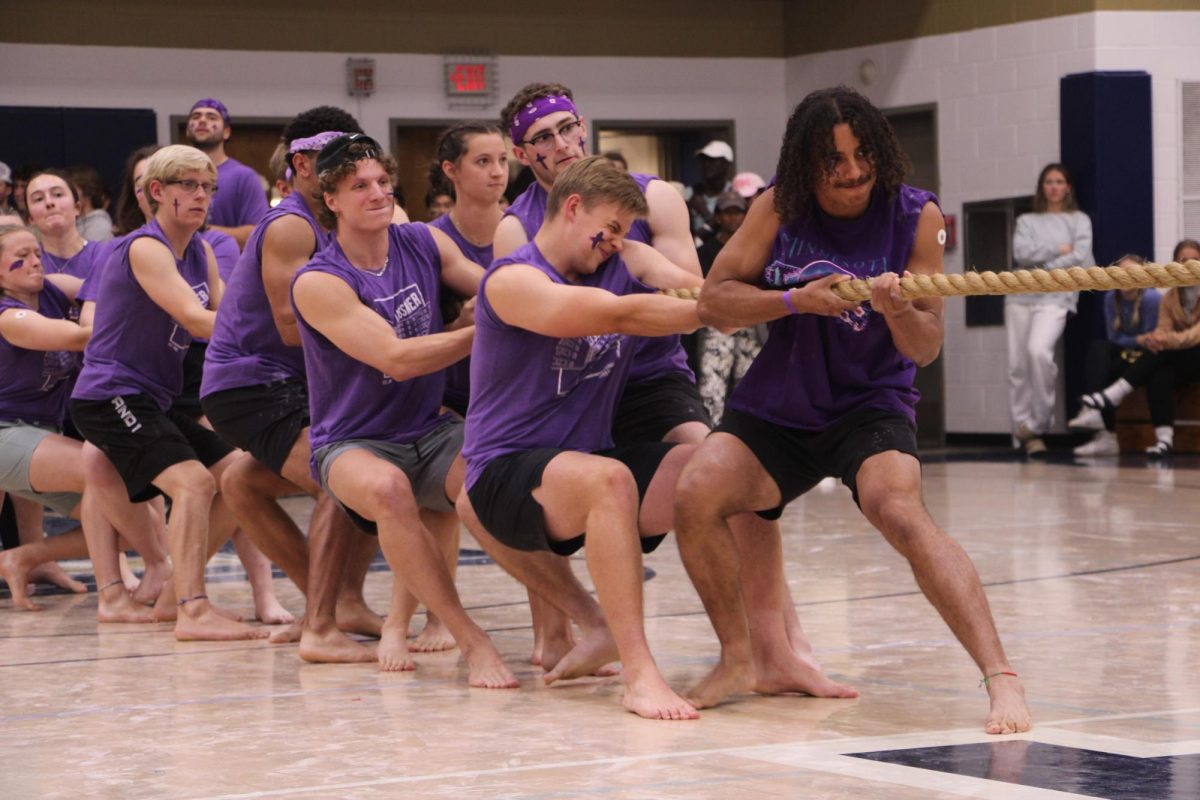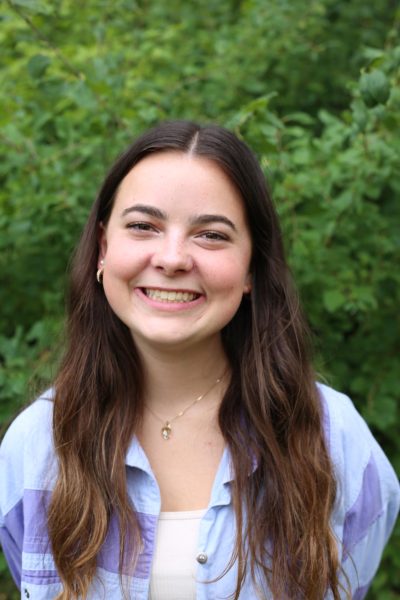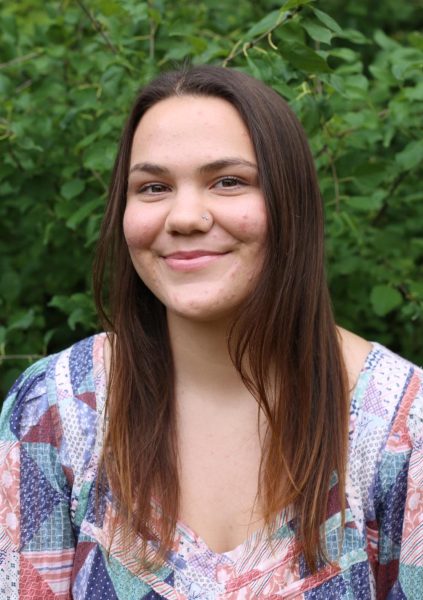Ben Ostlie and his study abroad class had just returned from spotting toucans and tarantulas in the Cloud Forest of Quito, Ecuador. Then the news broke.
Ostlie, a junior biochemistry and chemistry double major at Bethel University, heard rumors from his teachers and Ecuadorian locals of a prison break of an infamous drug lord.
The Bethel students soon learned the prisoners had taken guards hostage and controlled the prison. Ecuador’s President Daniel Noboa declared a national emergency to allow the military to contain the conflict as gangs around the country responded to the military offensive with more violence. The spiraling violence involved kidnappings, police killings and the set of the TC Television network studio being taken over by armed men live on air, as reported by Associated Press.
The emergency state of the country altered the class’ plans for the rest of the month.
“It’s a little bit freaky just because, you know, it’s their leading crime boss in the country,” Ostlie said. “There were a lot of people that were pretty nervous about the whole thing.”
One of Ecuador’s most notorious drug lords, José Adolfo “Fito” Macías Villamar, who was sentenced to 34 years for drug trafficking and murder, escaped from his prison cell at La Regional prison in the Guayas Penitentiary Complex in Guayaquil Jan. 8 according to Associated Press. Noboa enacted a countrywide curfew from 11 p.m. to 5 a.m. for 60 days.
Professor of Biological Sciences Jeffrey Port started being involved with the interim trip to Ecuador in 2003, but the program has been running since the 1990s. Bethel students in the Ecology in the Tropics class were in Quito when violence began to spread through the country as a result of the prison conflict.
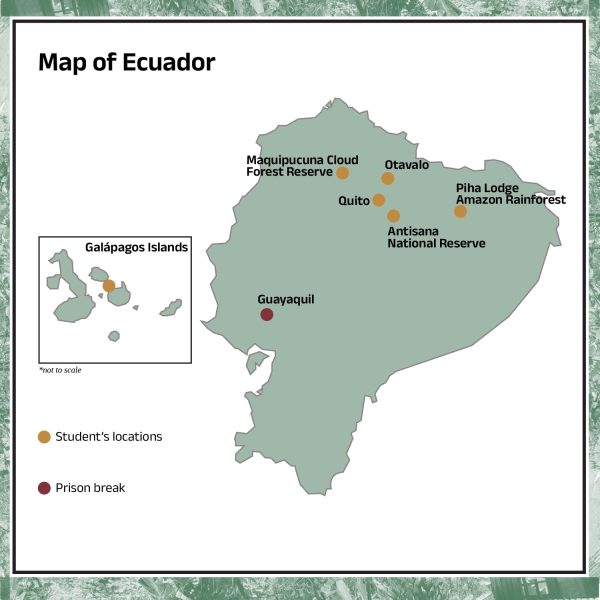
A 264-mile gap sat between Quito and the site of the escape.
“The events were happening in Guayaquil, which is eight hours south. Like, you know, there being something going on in Chicago,” Port said.
Despite the distance, Bethel students were on edge along with the rest of the country.
“My goal when we leave is when we come back, I bring them all back and all in one piece,” Port said. “It’s a very basic expectation, a very important one, but that’s my bar.”
Port has dealt with uncertain circumstances while abroad before — on past Ecuador trips, he has led groups through COVID-19 restrictions, tsunami threats and volcanic eruptions. As gang activity increased in other cities across Ecuador, Port leaned on the support of his wife Sue Port, who co-led the program with him, as well as Ecuadorian partners and Bethel’s Office of International and Off-Campus Programs.
“We are asking the same question that parents are asking, and that students are asking,” Port said. “Are we safe?”
The Overseas Security Advisory Council immediately notified Associate Dean of International and Off-Campus Programs Virginija Wilcox of the prison break. OSAC is a partnership between the U.S. Department of State and the private-sector security community, created as an open dialogue to maintain safe operations for U.S. interests abroad. OSAC also held a security debriefing call, which included law enforcement officers and security advisers to the U.S.
Wilcox maintains communications with every study abroad program, and talked to Port soon after hearing of the state of emergency. The Ecuador program is a partnership with Living and Learning International, a Christian study abroad organization, which sent an initial email update reassuring that the students were away from harm.
A highlight of the trip for many past students is the chance to stay with host families, experiencing Ecuador from a different perspective than their hotel living. Due to the state of emergency in Ecuador, Bethel collaborated with students and their families as well as third parties like OSAC to collectively decide to cancel these homestays.
“This rich cultural experience was planned for them to happen, and literally hours before, they realized they were going to end up at a hotel,” Wilcox said.
Additionally, the Office of International and Off-Campus Programs changed the group’s flight layovers to eliminate a stop in Guayaquil, where the prison break occurred, just over 11 miles from the airport. If any student would have wanted to leave Ecuador early because of the concerns, they were given the opportunity.
Every student decided to stay.
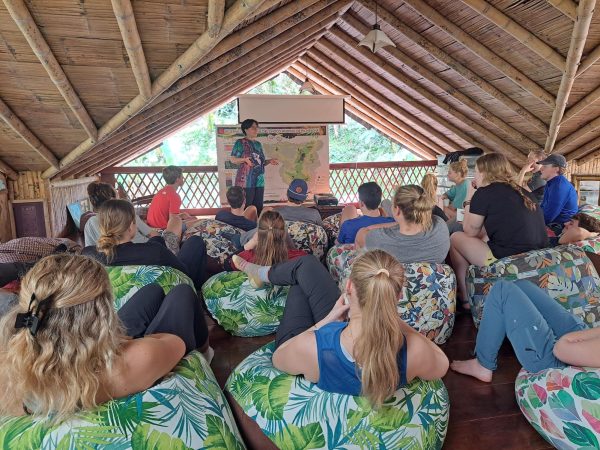
Wilcox also maintained dialogue with other American institutions that had students in Ecuador at the time, using resources from the U.S. Department of State and additional opinions to make an informed decision on whether the students ultimately needed to go home.
“I slept on my emergency phone that month of January, answering phone calls from everyone,” Wilcox said. “You feel awful for students having the prospect of their program getting canceled.”
Although some parents communicated concerns, the study abroad office connected with those parents separately via Zoom or phone to ease their minds when their students did not want to leave early. Via email correspondence, many of the parents expressed their gratitude for Wilcox and Port for keeping them updated and taking care of their students.
In one anonymous program review for the study abroad office, a student praised the professors’ handling of stress and emphasized how they listened to the voices of the students.
Despite the cancellation of the home stays, the national emergency otherwise had little effect on the group’s experience. Students spent much of their time in remote areas, such as the Galapágos Islands and rainforests, as well as in the city of Quito, far from any conflict. The curfew didn’t limit any of their activities, but during free time students were required to stay in groups for safety.
As of Feb. 22, the Associated Press reports “Fito” has still not been found, nor do officials know how or if he actually left the prison. Officials in Ecuador have not referred to the situation as an “escape,” as the prisoner’s whereabouts and method of leaving the cell remain unknown.






